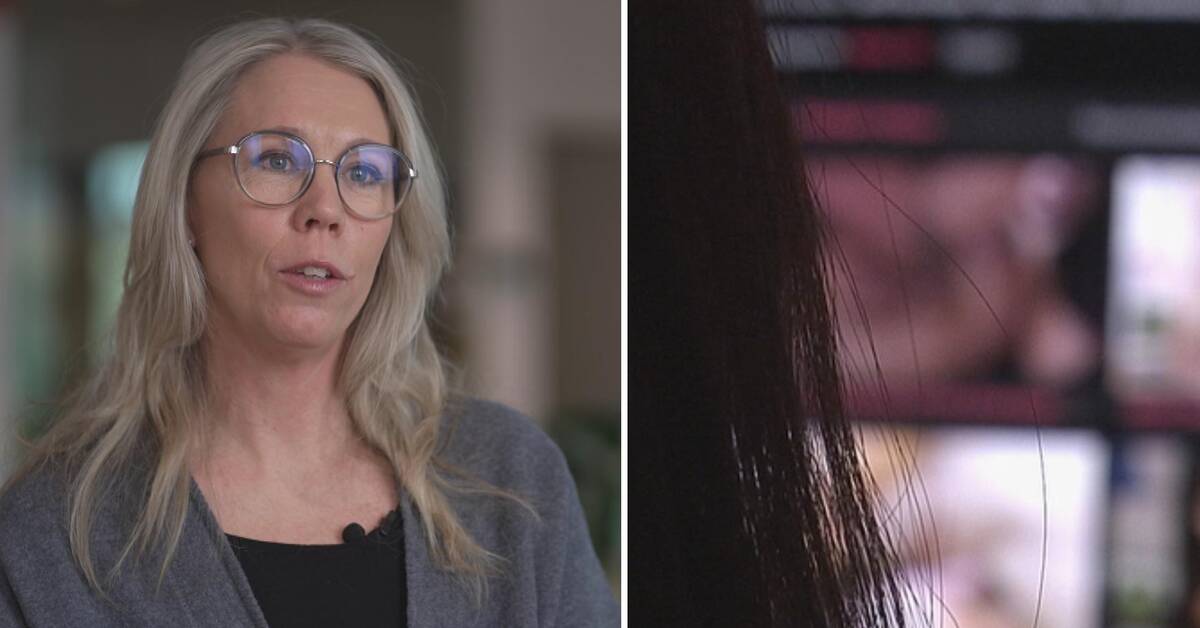The background to the proposal is an investigation into the French industry presented by the Senate last year. The investigation described a world of systematic abuse, and one of the measures proposed was tighter control of sites and who can reach them.
This has led to Digitalisation Minister Jean-Noël Barrot promising a verification system that will ensure the age of consumers. Trials are due to take place now, and the system is expected to be in place later this year. In Sweden, among others, the Association for Women's, Girls' and Youth Shelters, Unizon, is in favour of a similar system.
"The benefit would first and foremost be that children would inadvertently not be met by a very misogynistic industry that is often very explicit even on the first page," says Olga Persson, chairman of Unizon.
Difficult to control
Those sites in France that do not follow the verification system will risk being shut down. But checking that the sites actually use the system and that consumers do not bypass it with the help of, for example, VPN services will be difficult, says Jannike Tillå, head of communications at the Internet Foundation.
"We can't control the internet, it's global. How are we going to ensure that all sites on the global internet actually request identification?
Could be a privacy issue
In both France and Sweden, there is a concern that passports may become a restriction on citizens' privacy, and that it will be created as a register of consumers. However, both Jannike Tillå and Olga Persson emphasize that children's privacy and the right to avoid exposure to is the most important thing in the issue.
"But it's clear that when you think about what might happen if a list like this exists, you also get ponderous," Tillå says.

